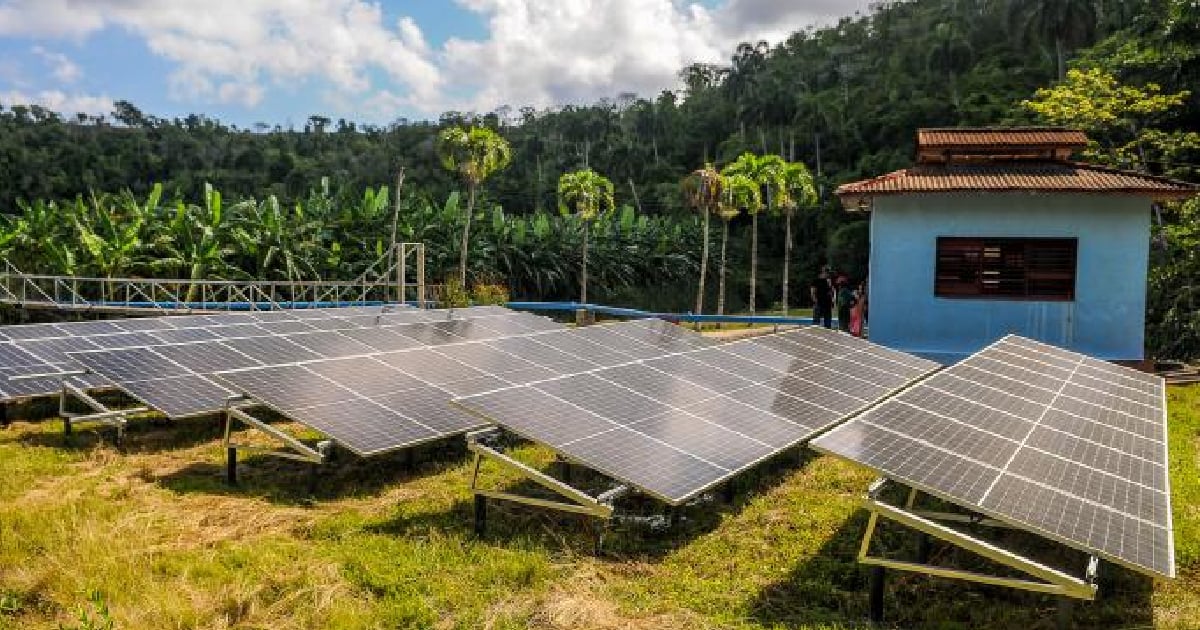In a bid to tackle long-standing issues of access to clean water, solar-powered pumping systems were installed in the rural areas of Las Tunas. However, these efforts face an unexpected challenge: the theft of crucial components. Within only six months of their deployment, there have been eight reported thefts, disrupting services in multiple communities and complicating the replacement of the stolen equipment, as reported by the state-run newspaper Granma.
The Provincial Water and Sewer Company noted that municipalities including Puerto Padre, Colombia, Jobabo, and Majibacoa have suffered the most. Entire communities have, in some instances, resorted back to traditional methods to secure water.
Despite initiatives to boost security, such as forming cooperation agreements with local residents and guards, the thefts remain unresolved and none of the stolen goods have been recovered. This situation also highlights a lack of agreement on who is responsible for safeguarding these resources, which are vital for thousands of families. While station operators focus on keeping systems operational, local authorities suggest that communities need to take a more proactive role in surveillance.
Without collaborative efforts and effective solutions, the country risks not only losing expensive investments but also regressing in its energy sustainability plans, directly impacting the quality of life for those affected.
Additionally, the theft of dielectric oil from electrical transformers has become another symptom of the crisis in Cuba, revealing the vulnerability of the energy system and the regime's inability to protect critical infrastructure. The official newspaper Sierra Maestra reported that the regime plans to respond forcefully to the thefts of dielectric oil, which exacerbate power outages and affect thousands under extreme conditions.
In mid-November, the theft of 300 liters of transformer oil left the community of Dos Caminos, in the San Luis municipality, Santiago de Cuba, without power for several days. This incident occurred while the island experienced yet another nationwide blackout. The national electrical system (SEN) collapsed completely in the early hours of Wednesday due to an unexpected shutdown of the country's largest thermoelectric plant, the Antonio Guiteras in Matanzas. This was communicated by the Havana Electric Company via their Telegram channel, which reported the disconnection occurred at 2:08 AM, with restoration efforts underway.
Understanding Cuba's Energy and Water Crisis
What are the main issues faced by water pumping stations in Las Tunas?
The primary issue is the theft of essential solar panel components, which has disrupted water services and complicated the replacement of stolen items, impacting multiple communities.
How has the government responded to the theft of dielectric oil?
The government plans to respond aggressively to the thefts, which worsen power outages and affect many citizens under harsh conditions.
What impact do these thefts have on the local communities?
These thefts not only cause a loss of expensive resources but also hinder sustainability efforts and degrade the quality of life by affecting essential services.
